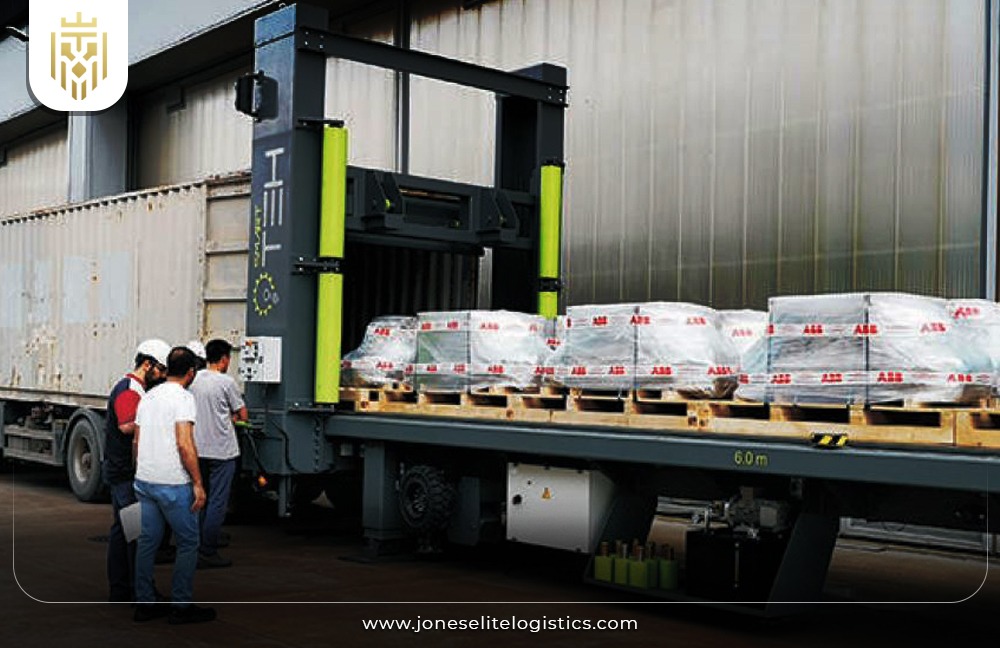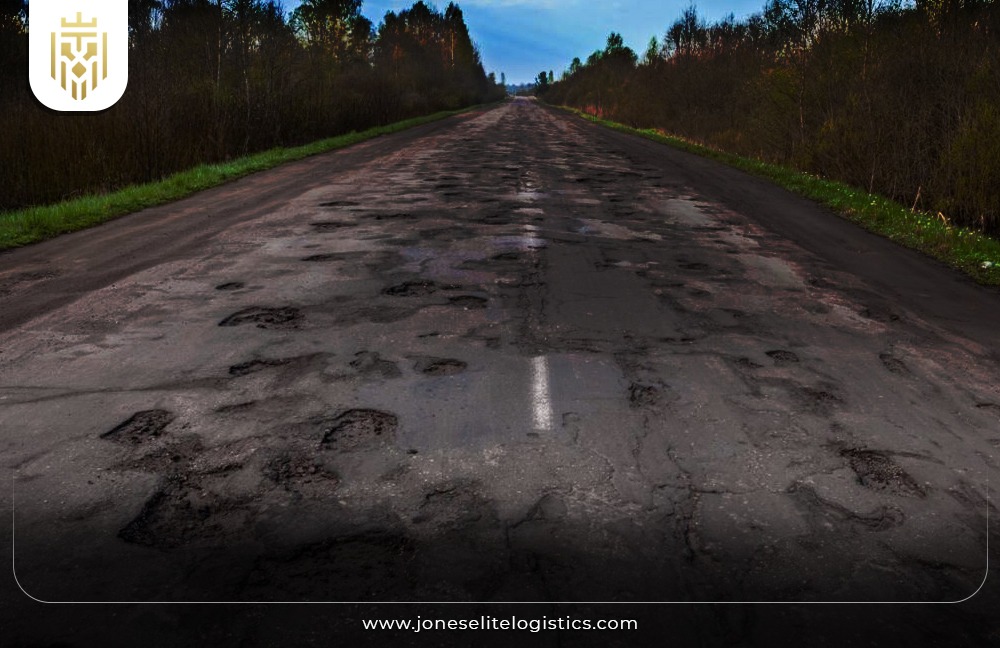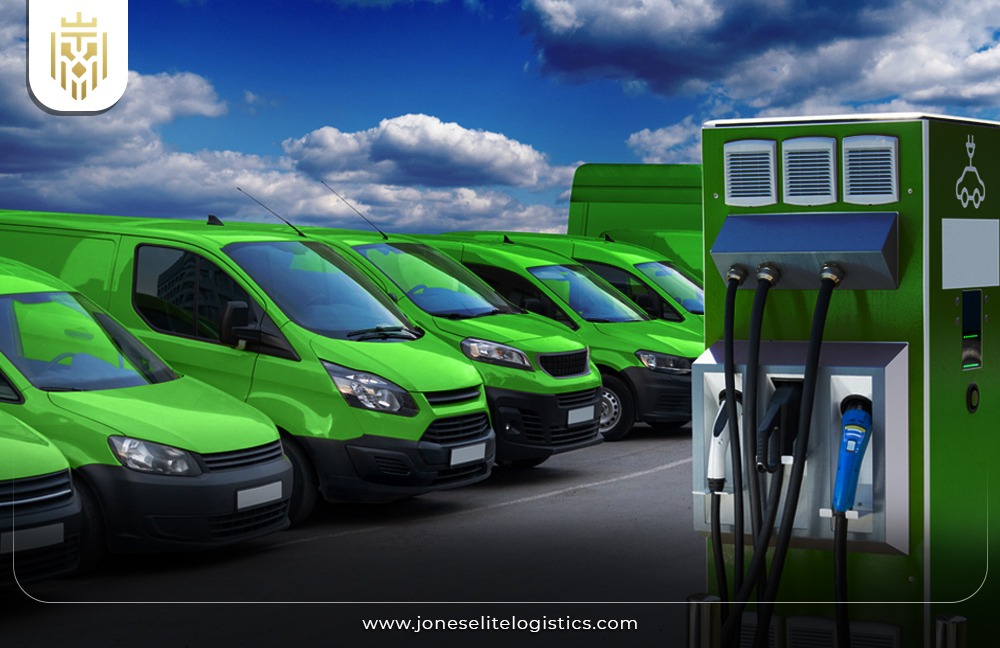The logistics industry is at the core of a business’s overall performance as it ensures that goods smoothly flow through the supply chain. India’s logistics in recent years has seen significant growth and a stellar performance. This blog discusses many topics that include, why logistics matters, the present logistics in India, key problems that it faces, emerging trends, government initiatives, and the future of logistics in India.
Importance of Logistics in Business
Logistics is the very foundation of any business, covering all the aspects from planning to implementing and monitoring the proper management, flow and storage of goods, services and related information. It is very important in supply chain management as it provides the necessary operations to help products get to customers in time and in a cost-effective manner. Successful logistics management may lead to improvement in customer satisfaction, optimize costs, notch up operational efficiency and ensure competitive potential in the market.

Overview of the Current State of Logistics in India
The logistics industry in India with the help of various factors like economic development, higher consumer demand and trade, and e-commerce growth is experiencing rapid growth. Nevertheless, the sector is faced with multiple difficulties that may stand against its full potential.
Key Challenges in the Current Logistics Landscape
Even with the significant growth the sector has gone through, there are several challenges it faces in terms of infrastructure, regulatory issues and ensuring sustainability.
Infrastructure Constraints
Lack of adequate infrastructure is among the primary challenges the logistics sector in India is dealing with. The inadequate road links, queues at the port, warehousing facilities, as well as inefficient transportation, result in delays, increased costs, and lower productivity.

Regulatory Hurdles
Complicated regulations and extensive bureaucracy add extra complexity for logistics companies in India. More checkpoints, complex paperwork and compliance will obviously demand extra time and cost and they will all negatively impact the efficiency of logistics operations.
Environmental Sustainability Concerns
As the logistics sector is on the upswing, the issue of environmental sustainability shouldn’t be overlooked. The logistics sector is one of the main air polluters and also is a significant contributor to greenhouse gas emissions. The search for sustainable measures like emission reduction and green technology adoption is a must in ensuring a bright future of logistics in India.

Emerging Trends in the Indian Logistics Industry
The future of logistics in India is being pushed by the various technologies and trends surrounding the industry. The use of technology, sustainable measures and last-mile logistics contribute to the bright future of logistics in India.
Adoption of Advanced Technologies
The Indian logistics industry confronts a number of challenges but adopting cutting-edge technologies can enhance its functionality. Technology is transforming transportation, warehousing, and supply chain management, therefore several other parts of logistics operations.
Internet of Things (IoT) in Logistics
The adaptation of IoT gadgets and sensors in logistic operations brings about an ability to track and monitor changes in real time ensuring the route planning optimization and of the supply consecutive visibility.
![]()
Artificial Intelligence and Machine Learning
AI and machine learning algorithms are able to recognize the patterns in wide data sets, optimize logistics processes, and accomplish this in an informed manner. Such technologies are employed in handling issues of demand forecasting, route optimization, and predictive maintenance.
Blockchain Integration
Blockchain-based technology is dramatically changing the inefficient techniques of supply chain management by ensuring transparency, traceability and also security. That provides for an unalterable and encoded tracking of goods, enhances the paperwork process and reduces the chances of fraud.
E-commerce Influence on Logistics
The quick growth of e-commerce has had an impact of great note on the logistics industry. The growth of shopping behaviors online has been a factor in increased demand for efficient and reliable solutions for stock management, last-mile delivery and fulfillment services.
Last-Mile Delivery Innovations
Last-mile delivery, which is regarded as the last stage of the logistics operations, is witnessing innovations such as drones, delivery bots and crowd-sourced delivery models. These innovations aim at improving delivery speed, bringing down prices and improving customer experience.

Sustainable Practices in Logistics
The logistics industry is getting involved more in ecological sustainability, making traditional practices outdated. This is being done through the adoption of EVs, alternative fuel options and efficient traffic routes that help cut air pollution and reduce greenhouse gas emissions.

Government Initiatives and Policies
Government is one of the main factors that influences and has a significant impact on the condition of the logistics industry in India. Its policies and developmental projects can either pose a challenge or a benefit for the industry. The future of logistics in India is also greatly influenced by the government’s actions.
Impact of Government Policies on the Logistics Sector
The Indian government recognizes the imperative role of the logistics industry in the economy and as such, has put policies in place to not only overcome the challenges but to ensure growth in the industry. Such policies have objectives to improve infrastructure, remove red tape and promote an environment that is encouraging to businesses.
Infrastructure Development Projects
The government came with big infrastructure development projects like the Bharatmala Project or the Sagarmala Project, which are concerned with improving the accessibility by roads, port infrastructures and the multi-modal transport network. These programs usually intend to optimal warehousing standards and efficient transportation and to decrease the overall cost of transportation.
Regulatory Changes and Their Effects on the Industry
In the course of the colossal incorporation of the nationwide Goods and Service Tax (GST) has resulted in the unification of a tax structure and replacing the various state-level taxes. This has significantly minimized the complex paperwork, enhanced the supply chain efficiency and allowed a smooth delivery of goods throughout the entire country.
Future Prospects and Predictions
The future of logistics in India is predicted to grow exponentially due to the increasing demand and use of technology.
Growth in the Indian Logistics Industry
There will be a sustained expansion of the Indian logistics sector over the next couple of years. Economic development, expanding foreign trade, growing consumer demand and government initiatives are the main reasons for this phenomenon.
Potential Disruptions and Challenges
As for the future of logistics in India, the outlook is great, to say the least, but there may be some disruptions and challenges that the sector might have to face. The use of automation and robots has a great impact on job opportunities, the need for skillful labor, ever-changing customer expectations and evolving regulatory guidelines.
Role of Startups and Innovation in Shaping the Future
Emerging and innovative startups are heavily contributing to changing the future of logistics in India. The new startup companies are coming up with solutions that are technology-oriented, tackling issues in the logistics system. Their innovative and disruptive ideas are resulting in improved efficiency, enhanced customer experience, and redesigning the industry.
The Indian logistics sector, which has been reforming fast in recent years, is the core of business operations. However, barriers such as infrastructure limitations, regulatory obstacles, and environmental concerns tend to slow down growth despite the fast adoption of advanced technologies, e-commerce influence and sustainable practices by the industry. The future of logistics in India is prosperous but not unaffected by disruptive elements. To avail of logistics services across India from the best logistics service provider, consult Jones Elite Logistics.
FAQs:
-
What is the future of the logistics industry in India?
The future of the logistics industry in India is vibrant and ever-growing. The technological innovations, government policies and the increasing demand for effective logistics services have been pushing the growth of the industry.
-
What is the scope of logistics in India?
Logistics in India is an important element in the operation of business making it an ever-growing and ever-improving sector. With the disruptive ideas from startups and the impact of e-commerce, the sector is thriving to overcome the challenges and enhance its operations.
-
What is the potential of the logistics sector in India?
The logistics sector in India is only expected to grow due to the need for transparent, efficient and innovative techniques that have boosted the growth of the industry. However, it also faces challenges due to inadequate infrastructure and complex tax systems.







